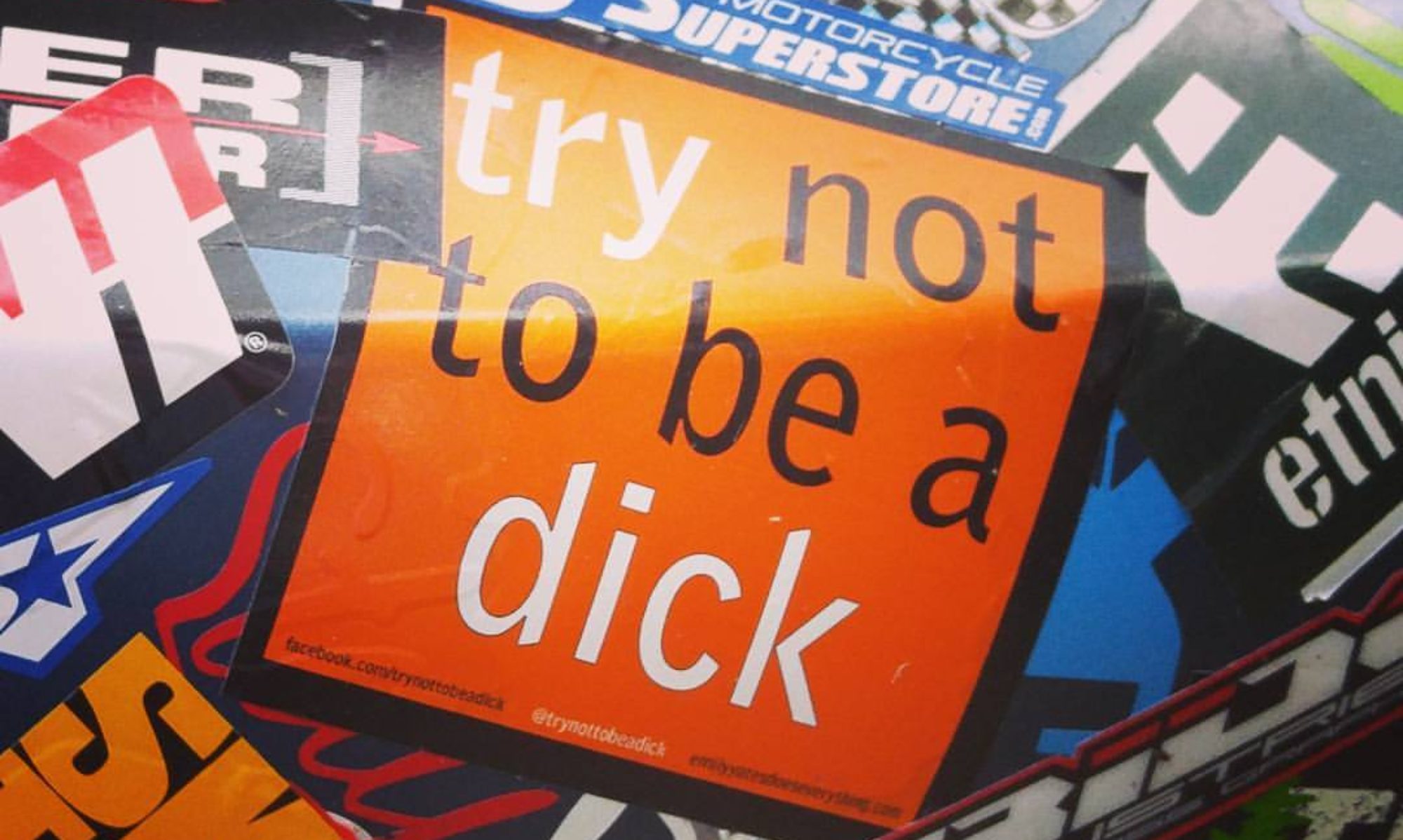This is a militarized zone unlike any I’ve seen before. One side is armed, while the other chooses not to be. One side faces no threat; the other is threatened from all angles – snow, sleet, sickness, sadness and the System. One side fights violently for oil and money; the other, peacefully, for water and justice and life. “Which side are you on?” asks an old, familiar line, and I know my answer. Our bodies are 65 percent water; the Earth is 71 percent water, and I am 100 percent on the side of those who protect the water. Every day at Standing Rock, I learn more about what that means – because this isn’t only a struggle for water rights, but for the indigenous tribes’ right to survive as they are, where they are.
“Everyone wants to be fists-up,” says the young woman leading Oceti Sakowin Camp’s newcomers’ orientation. ”Nobody wants to be fists-down, shoveling snow and washing dishes.” She reminds us we all live on territory that was taken by force from Native people, and that the urge to want to take control of fighting the Black Snake, as our indigenous hosts have named the Dakota Access Pipeline, is shades of imperialism. Many of us don’t understand, she explains, the ways that attitude embodies all the DAPL represents: colonialism, capitalism and race-based entitlement. Plenty of people show up wanting to stick it to The Man – few recognize how this desire can turn us into The Man’s right hand.
The only way to really side with the water protectors, I learn, is to serve them – not to be their boss or supervisor or savior, but simply to serve them in any way possible. This is, after all, a matter of life and death for them – there’s no time to waste on trying to be a star. The newcomers’ orientation (as well as the daily Decolonization meeting) exists, after all, because too many people have been coming to the camp expecting to lead the charge against the Black Snake, failing to see that the charge is already being led. What the charge needs, desperately, is followers. But when a majority of the volunteers who turn up are not only white, but more accustomed to giving instructions than receiving them, the dynamic that ensues eerily mimics the one known all too well by Natives, and can be summed up in five words: “You’re not doing it right.”
It becomes my mission to counteract that narrative in every possible way during my short stay at Standing Rock. When I feel the urge to go to the front of the march, I stay back. When I want to rush straight to the Direct Action training, where people are being prepped for doing battle with the long arm of the law, I change course and veer toward the kitchen. But I only work there for a day and a half, because I want to respect the indigenous tribes’ choice to observe a person’s moon cycle by, among other restrictions, keeping them away from food preparation and serving – and wouldn’t you know, my Moon happens to have risen a few days early. Even though my white-feminist mind initially bristles at this exclusion (“What am I – dirty?” sputters my inner monologue), I learn in orientation that this isn’t an attempt to shame people who bleed (not only cis-gendered women, it’s acknowledged), but a way of honoring the ability of these people to bring forth life, and the unique power that we exhibit during this time of the month. An indigenous man in the room adds to this explanation that “when a person is on their Moon, they can bring a roomful of men to their knees,” and this sounds much more respectful than being dismissed as weak because I’m “on the rag.” This is, I’m told, our time to be served, and it sounds pretty appropriate to me.
When I sheepishly inform Megan, a young Native woman I meet in the kitchen, that I have to excuse myself because my Auntie Flo has arrived, she smiles.
“You’re in your own ceremony at this time,” she assures me, and rather than feeling crippled by my intensifying stomach cramps, I suddenly feel strengthened, while also humbled by the idea that she, not I, has been addressing menstruation the “right” way. As one who regularly derides the American Way of telling us to “shut up and shove some cotton up your twat,” I’m embarrassed to realize that I haven’t even been honoring my own body. That’s the patriarchy for ya, I think to myself. And I smile, remembering that this camp is a matriarchy – yet another foreign concept to most of us volunteers. Who are we to think we know what we’re doing? I ask myself, and am unable to locate an answer.
The first day, I learn how to stand in strength and silence with Native women on the bridge by standing behind them as they face down concrete barriers and armed guards. The second day, I learn to stand in the kitchen, washing dishes and preparing food, overseen by Native women. The third day, I learn to stand in the donations tent handing out socks, gloves, hats and boots to Native men and women who won’t ask for them, while keeping an eye out for my fellow white people who might be loading up shopping bags full of things they don’t need. I have no idea what I’ll be learning next. Chances are, it will be far less glamorous than standing on the front lines, facing down The Enemy. But I’m certain that whatever task I accept, as long as I’m serving the Water Protectors with humility and respect for their work, wisdom and sacrifice, I will be doing it right.
